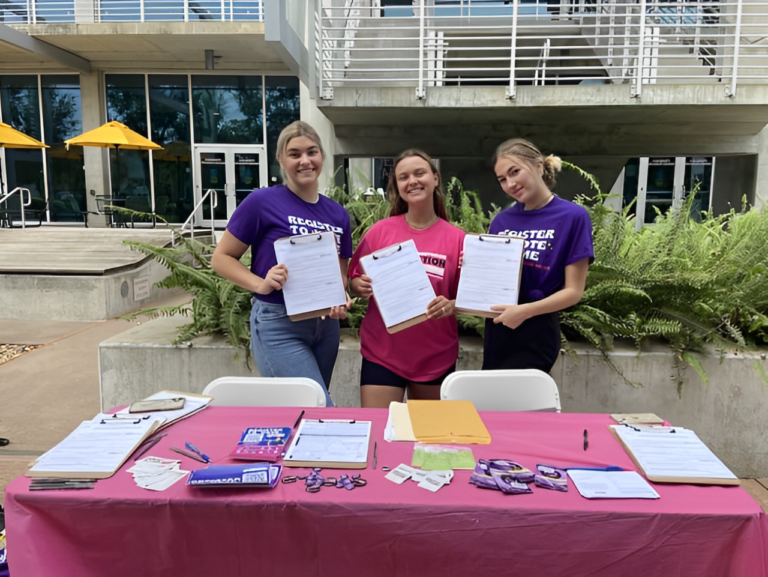Google has sparked controversy by testing a new approach that involves removing links to California news sites for some users in the western US state. This move comes as legislators in California consider passing a law that would require the online search giant to pay for connecting people to news articles.
The proposed law, known as the California Journalism Preservation Act (CJPA), aims to introduce a “link tax” for connecting users in the state to news articles.
Jaffer Zaidi, Google’s Vice President of Global News Partnerships, expressed concerns about the potential impact of the CJPA in its current form, describing it as creating significant financial uncertainty for companies like Google.
Similar efforts to regulate tech giants’ relationships with news publishers have been seen in other countries.
In Australia, Facebook temporarily blocked news articles on its platform in response to a similar law, while Google and Facebook eventually reached agreements to compensate news publishers. France also reached an agreement with Google to allow news content on its platform.
To assess the potential impact of the CJPA, Google is conducting a trial that involves removing links to news websites that could be affected by the proposed law.

Zaidi emphasized that only a small percentage of Google search queries are news-related, with users increasingly turning to alternative sources such as short-form videos, newsletters, podcasts, and social media for news.
Related Articles:
- Florida Faces Invasion of Oversized Grasshoppers
- Trump and Biden Vie for Georgia Voter Support Through Fundraising Efforts
- Georgia’s Election Citizenship Verification Ruling Stands
The debate over the CJPA underscores the complex relationship between tech companies and news publishers, with supporters of such laws arguing that platforms like Google benefit from news content while undermining traditional news outlets’ revenue streams.
As discussions continue, the outcome of the CJPA and its implications for the future of news distribution in California remain uncertain.







+ There are no comments
Add yours